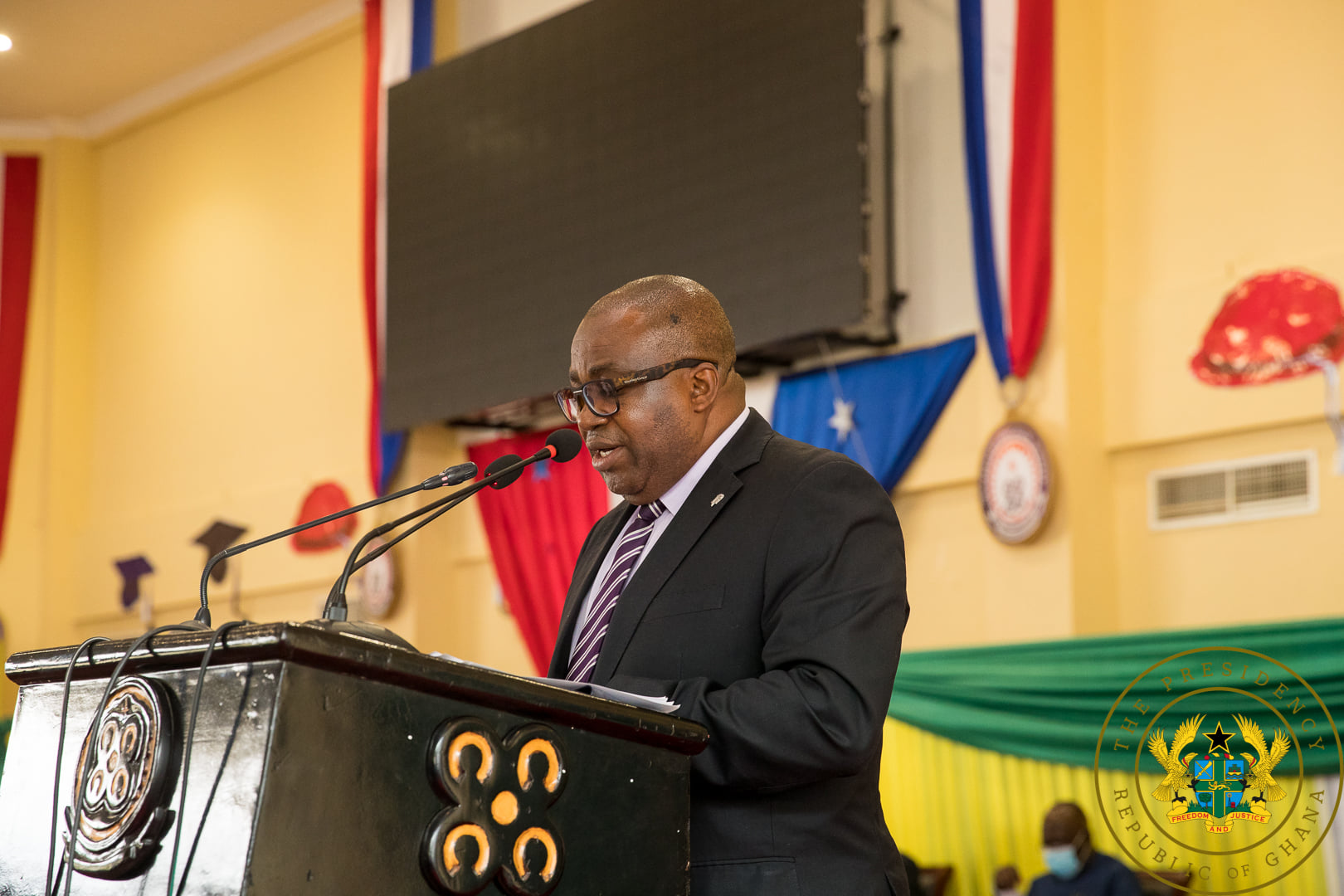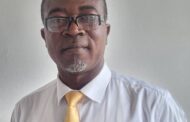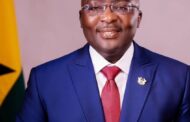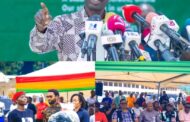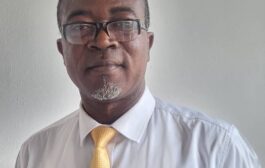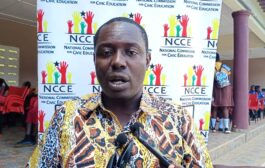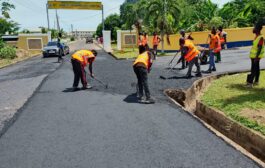Speaker of the ECOWAS Parliament, Dr. Sidie Mohammed Tunis, has urged the ECOWAS Parliament to come up with workable plans on how to improve the conduct of elections in the ECOWAS sub-region.
He bemoaned recent instability in the ECOWAS sub-region in relation to elections; rule of law and democratic governance.
Addressing the opening ceremony of the fifth high-level ECOWAS parliamentary seminar on the theme: “Two Decades of Democratic Elections in the ECOWAS Member States; Achievements, Challenges and the Way Forward”, at Winneba in the Central Region, Sidie Mohammed Tunis criticized the phenomenon of constitutional amendment before elections in some West African States.
He pointed out those constitutional changes to allow third-term presidencies are partly to blame for most of the stability challenges in the West African sub-region.
The ECOWAS Parliament, also known as the Community Parliament, is a forum for dialogue, consultation, and consensus for representatives of the people of West Africa, with the aim of promoting integration in the West African sub-region.
As one of the Institutions of the Community, it is presently, a non-legislative Assembly that issues an advisory opinion to the Authority of Heads of State and Government and the Council of Ministers.
The Parliament was established under Articles 6 and 13 of the ECOWAS Revised Treaty of 1993.
The Protocol relating to the Parliament was signed in Abuja on 6 August 1994 and entered into force on 14 March 2002. It provided for the structure, composition, competencies, and other matters relating to the Parliament.
In December 2016, the Supplementary Act A/SA.1/12/16 relating to the Enhancement of Powers of the ECOWAS Parliament was adopted, providing for the strengthening of the operations of the Parliament, including its objectives and competencies. This Act repealed the original Protocol and stands as the addendum to the ECOWAS Treaty, on the Parliament.
The Act empowers the Parliament to carry out the typical mandate of a parliament such as being involved in the adoption of the Community budget, the enactment of all Community Acts relating to ECOWAS Economic and Monetary integration policies or the Treaty, and carrying out parliamentary oversight functions over the activities of a program implementing bodies of the Community.
It has also strengthened the institutional role and powers of the Parliament to contribute in areas such as peace, security, good governance, and human rights.
The Parliament is divided into two wings: the political as well as administrative/technical wings.
The political wing is composed of Members of Parliament, which occupy one hundred and fifteen (115) seats.
Members of the Parliament are drawn from the National Assemblies of ECOWAS Member States until the establishment of electing Members by direct universal suffrage.
Each of the fifteen (15) Member States has a guaranteed minimum of five (5) seats at the ECOWAS Parliament. The remaining seats are shared on the basis of population.
Consequently, Nigeria has thirty-five (35) seats, Ghana eight (8) seats, Cote d’Ivoire seven (7) seats, while Burkina Faso, Guinea, Mali, Niger, and Senegal have six (6) seats each.
The remaining states: Benin, Cape Verde, The Gambia, Guinea Bissau, Liberia, Sierra Leone, and Togo have five (5) seats each. The Structure of the Political Wing is as follows: The Plenary, Bureau of Parliament, The Conference of Committees’ Bureaux and Standing Committees.
Source: Mybrytfmonline.com/Kofi Atakora



